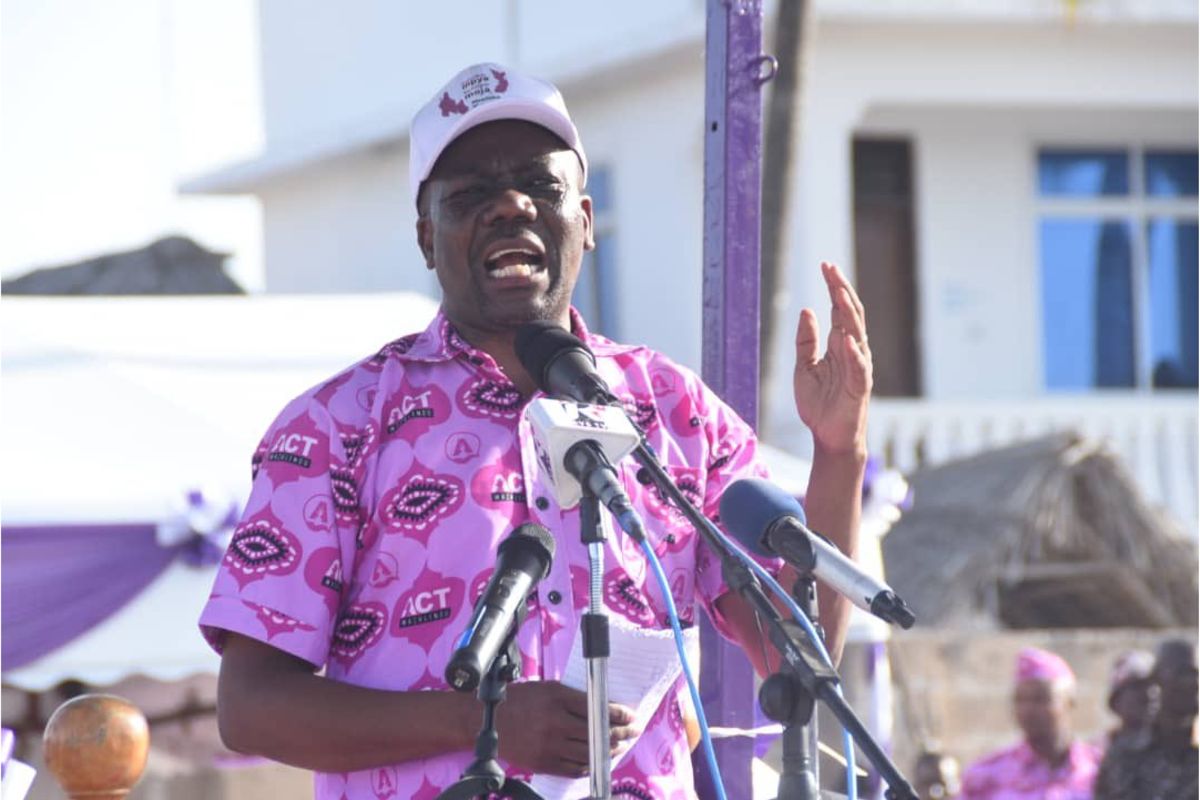
Dar es Salaam. Wakati Shirika la Afya Duniani (WHO) likisema watu wanane wamefariki dunia kutokana na ugonjwa unaoshukiwa kuwa wa virusi vya Marburg (MVD) mkoani Kagera, Wizara ya Afya ya Tanzania imesema sampuli zilizochukuliwa hazijathibitisha uwepo wa virusi hivyo.
Taarifa hiyo ya Wizara ya Afya imetolewa leo Januari 15, 2025 na waziri wake, Jenista Mhagama saa chache tangu WHO watoe taarifa ya kushukiwa kwa virusi hivyo.
“Wizara ya Afya imepokea tetesi za uwepo wa ugonjwa wa Marburg katika Mkoa wa Kagera.
“Kufuatia tetesi hizo, Wizara imechukua hatua kadhaa za haraka ikiwemo: kutuma timu ya wataalamu; kufanya uchunguzi wa suala hili; kuchukua sampuli na kufanya vipimo vya maabara. Mpaka leo, Januari 15, 2025, majibu ya uchunguzi wa kimaabara kutoka kwa wahisiwa wote waliochukuliwa sampuli hizo hayajathibisha uwepo wa virusi vya Marburg,”imeeleza taarifa hiyo.
Aidha, taarifa hiyo imeongeza kuwa Serikali imeimarisha mifumo ya ufuatiliaji kuhusu uwepo wa mlipuko huo.
“Wizara inapenda kuwahakikishia wananchi pamoja na jumuiya ya kimataifa, likiwemo WHO kuwa imeimarisha mifumo ya ufuatiliaji wa magonjwa na itaendelea kutoa taarifa zaidi,”imeeleza taarifa hiyo iliyosainiwa na Waziri Jenista.
Iwapo itathibitika kwamba kuna mlipuko wa ugonjwa huo nchini, itakuwa mara pili, ya kwanza ilikuwa Machi 16, 2023 Serikali kupitia Wizara ya Afya ilipotangaza uwepo wa ugonjwa usiojulikana katika Kata ya Maruku na Kanyangereko, vijiji vya Bulinda na Butayaibega mkoani Kagera ambapo watu tisa walibainika kuathirika na Marburg.
Source: mwananchi.co.tz













